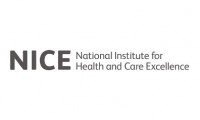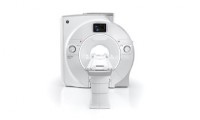-
Roche scores—again—in hemophilia drug patent case against Takeda
- Source: drugdu
- 188
- October 1, 2023
-
Merck announces partnerships worth $1.3bn with BenevolentAI and Exscientia
- Source: drugdu
- 106
- October 1, 2023
-
MIT study reveals why certain immunotherapies do not always work
- Source: drugdu
- 108
- October 1, 2023
-
Medicaid/CHIP Coverage To Be Reinstated for 500K People
- Source: drugdu
- 190
- September 30, 2023
-
Short-term exposure to air pollution may increase stroke risk
- Source: drugdu
- 214
- September 29, 2023
-
Merck KGaA links with BenevolentAI and Exscientia to expand AI capabilities
- Source: drugdu
- 117
- September 22, 2023
-
Taysha Drops Gene Therapy Candidate as FDA Again Calls for Study Changes
- Source: drugdu
- 190
- September 22, 2023
-
CSL Seqirus highlights impact of flu vaccines on reducing strain on healthcare resources
- Source: drugdu
- 115
- September 21, 2023
-
Pfizer’s Vydura recommended by NICE for acute migraines
- Source: drugdu
- 132
- September 20, 2023
-
GE HealthCare partners with Mayo Clinic to accelerate work on imaging and AI
- Source: drugdu
- 125
- September 18, 2023
your submission has already been received.
OK
Subscribe
Please enter a valid Email address!
Submit
The most relevant industry news & insight will be sent to you every two weeks.













